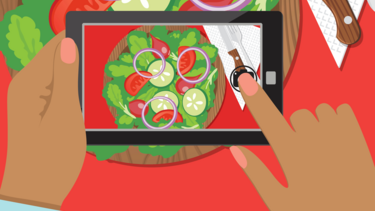Behavioral
Can AI Replace Human Debt Collectors?
New research co-authored by Yale SOM Professor James Choi finds that people are less likely to follow through on a commitment to repay a debt if it’s made to an AI agent. The finding hints at one area where humans may always retain an advantage over bots.
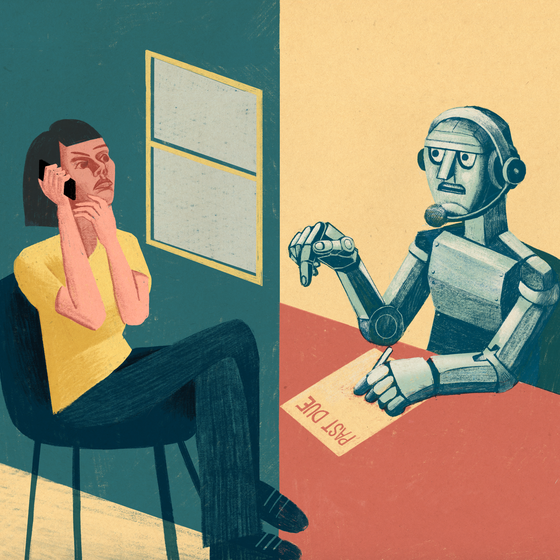
What Does It Mean to Be Generous?
Deborah Small, Adrian C. Israel Professor of Marketing, explores how we make choices that affect our own and others’ welfare and what leaders need to understand about behavioral marketing to expand social impact.

The Dark Side of an Idealized Picture of Nursing
A new ethnographic study from Yale SOM’s Julia DiBenigno illustrates how a focus by workers on a fantasy version of their job can get in the way of organizational goals.

Personal Finance: Popular Authors vs. Economists
Before teaching a personal finance course, Prof. James Choi dipped into some popular books on the topic. He found that much of what personal finance gurus suggest is at odds with economic research—but that they also have insights into human nature that are sometimes missing from economic analyses.
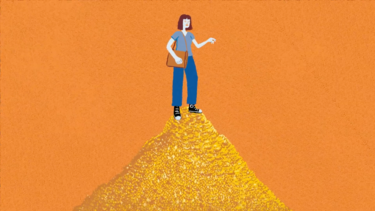
Sermons with Stories of Debt Can Help Churchgoers Stay Frugal
A recent study co-authored by Yale SOM’s Thomas Steffen and Brett Campbell found that when religious leaders gave sermons warning against excessive debt, areas with high church membership tended to have lower indebtedness.
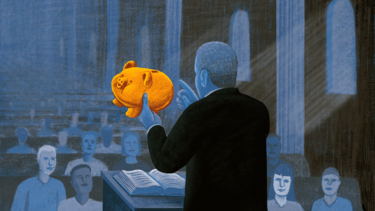
How Social Media Rewards Misinformation
A majority of false stories are spread by a small number of frequent users, suggests a new study co-authored by Yale SOM’s Gizem Ceylan. But they can be taught to change their ways.
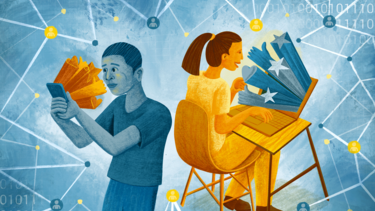
Taking a Disciplined Look at Irrational Investors
Prof. Nicholas Barberis applies a scientific eye to the irrational ways we form beliefs and how those beliefs collectively drive financial markets.

Smarter Ways to Look Ahead: Research-Based Suggestions for a Better 2023
We asked faculty from the Yale School of Management to put a scholarly lens on improving our personal and professional lives in the coming year.

Building Trust with the Algorithms in Our Lives
Consumers are wary of the recommendations made by algorithms. But according to new research co-authored by Yale SOM’s Taly Reich, showing that an algorithm can learn—that it improves over time—helps to resolve this distrust.
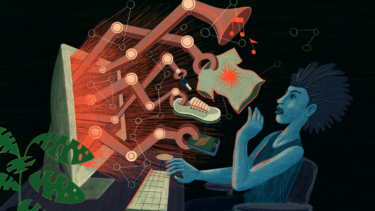
How to Give Better Gifts
Do your loved ones want their presents to be expensive or thoughtful? Do they want to be surprised or to get items from their wish lists? We asked Professor Nathan Novemsky, a psychologist and expert in consumer behavior, to explain some of the common mistakes that gift-givers make.

When Counting Calories, Words Are More Valuable than Pictures
A new study co-authored by Yale SOM’s Gal Zauberman finds that apps that track calories with a photo are appealing, but manually logging your meals is actually more effective. The results offer a cautionary tale about giving consumers what they think they want, he says.
